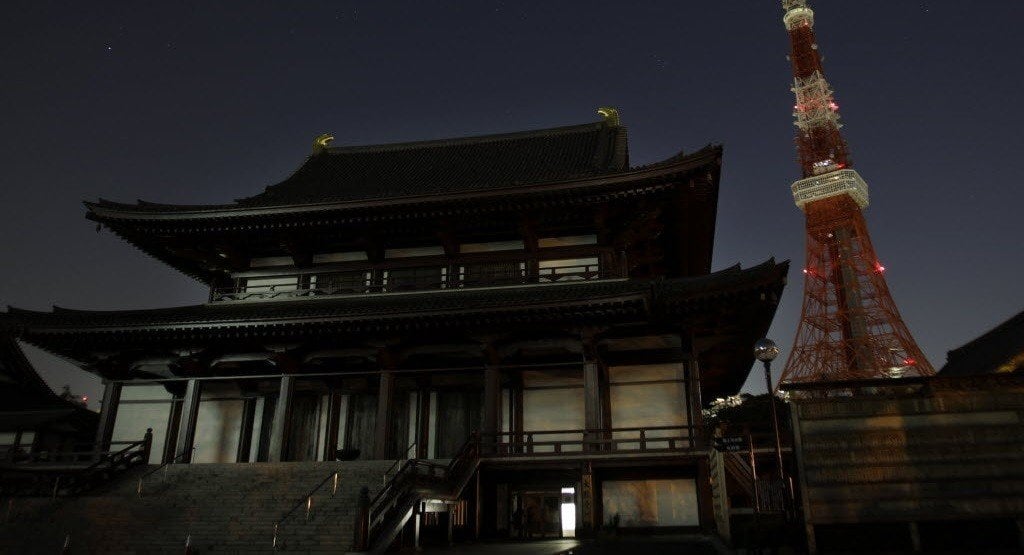Kaidan or Japanese horror stories, this can be a very interesting topic to discuss. After all, horror stories are part of anyone's life, especially in childhood. But in Japan, Kaidan is not meant to frighten or scare people, but another purpose. Curious isn't it?
Horror stories exist in every country, whether that's a good thing or a bad thing. Some are for the greater good, putting fear in children so they don't disobey their parents is an example. Others focus on making money, which is today's film market.

In the culture of each people, it is normal for horror stories to be associated with religions. Lucifer is an example of the personification of evil in Christian religions. Just like Ragnarök is the event that will bring chaos and destruction, according to Norse Mythology.
Along with these horror stories, there are urban legends that are also a specific genre within horror. Urban legends began a long time ago, the tales of the Brothers Grimm were the first to be broadcast across Europe and then to the world.
Table of Content
Kaidan - Some useful information
While in our Western culture, horror stories have a single format – except for the urban legends that have a proper name –, Japanese horror stories have a defined name: kaidan.
Despite being very confusing, the term should not be used to refer to j-horror, nor to traditional Western tales. The term kaidan, in Japanese, is written with the kanjis: kai and dan. Kai means mysterious or rare and dan means spoken or recited narrative.

Some movies like Ring (1998) are not an example of kaidan. Why is that? Simple, the movie is nothing more than a cinematic adaptation of a horror book. In case you didn't know, it is the inspiration for the directors of “The Ring,” as it is known here in Brazil.
Unlike Western stories, the genre is not intended to scare people, or to frighten them. The intention is to narrate strange things that happened once, which can turn out to be something ghastly.
Kaidan in Japanese culture
Kaidan is one of the genres that persisted in Japan during the early years of the history of Japanese literature. During the Edo period, there was the greatest appreciation of Japanese art and culture in the history of Japan.

One example of a story in the genre is “The Dish Mansion in Bancho”. The story takes place a long time ago and depicts the – unjust – death of a servant, who returns in the form of a ghost – or yurei as the ghost is called in Japan – to haunt the living. In other words, these are quite common stories, but with different meanings.
However, despite being stories with known, even predictable plots, what is behind is greater than that. The vast majority of Japanese people follow Buddhism, which influences the elements portrayed in the plot of kaidan.
Buddhists believe a lot in what they call karma. It would be basically an analogy with the law of cause and effect: for every action, there is a fruit and there is a result. This concept is the foundation of Buddhism. And this fruit, or result, reflects in the current life or in the afterlife.
When the tale involves ghosts, the chance of reading something about revenge is enormous. There is a Japanese belief that yurei exist due to the feeling of revenge present in the body.
Do you know any Kaidan?
Before finishing, it is interesting to note that stories in the kaidan style have references to the water element. Because in Japanese belief, water is the pathway to the underworld.
But anyway, Kaidan is also part of a kind of Japanese game. The game is basically the same type as those of summoning spirits and demons or something similar here in the west. Where you have to do a kind of ritual to play the game. I won't go into details as it would be unnecessary.
Unfortunately we didn't put any Kaidan here in the article, but if you know any, put them in the comments, it would be interesting. And of course, don't forget to share the article and the website on social media.
